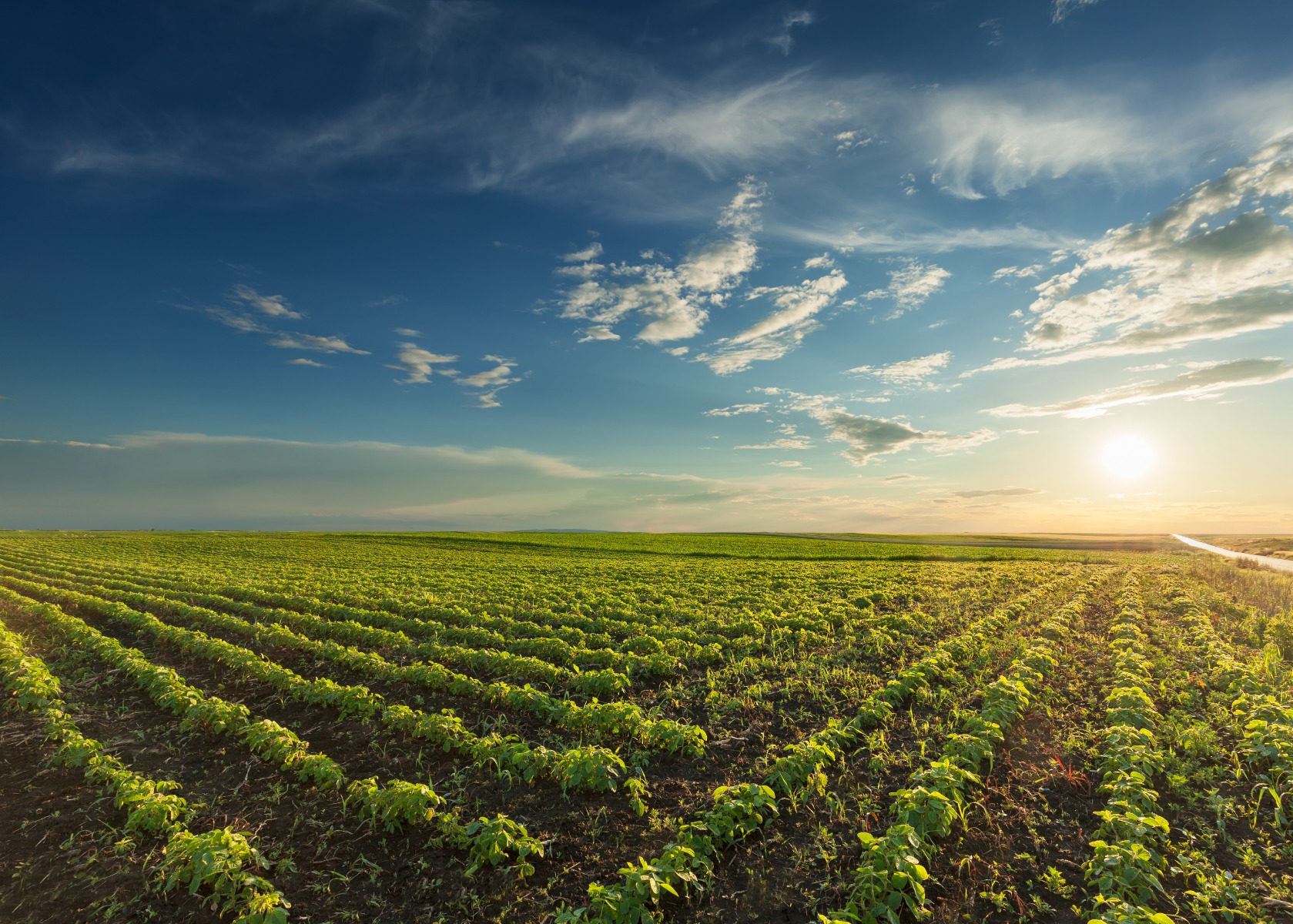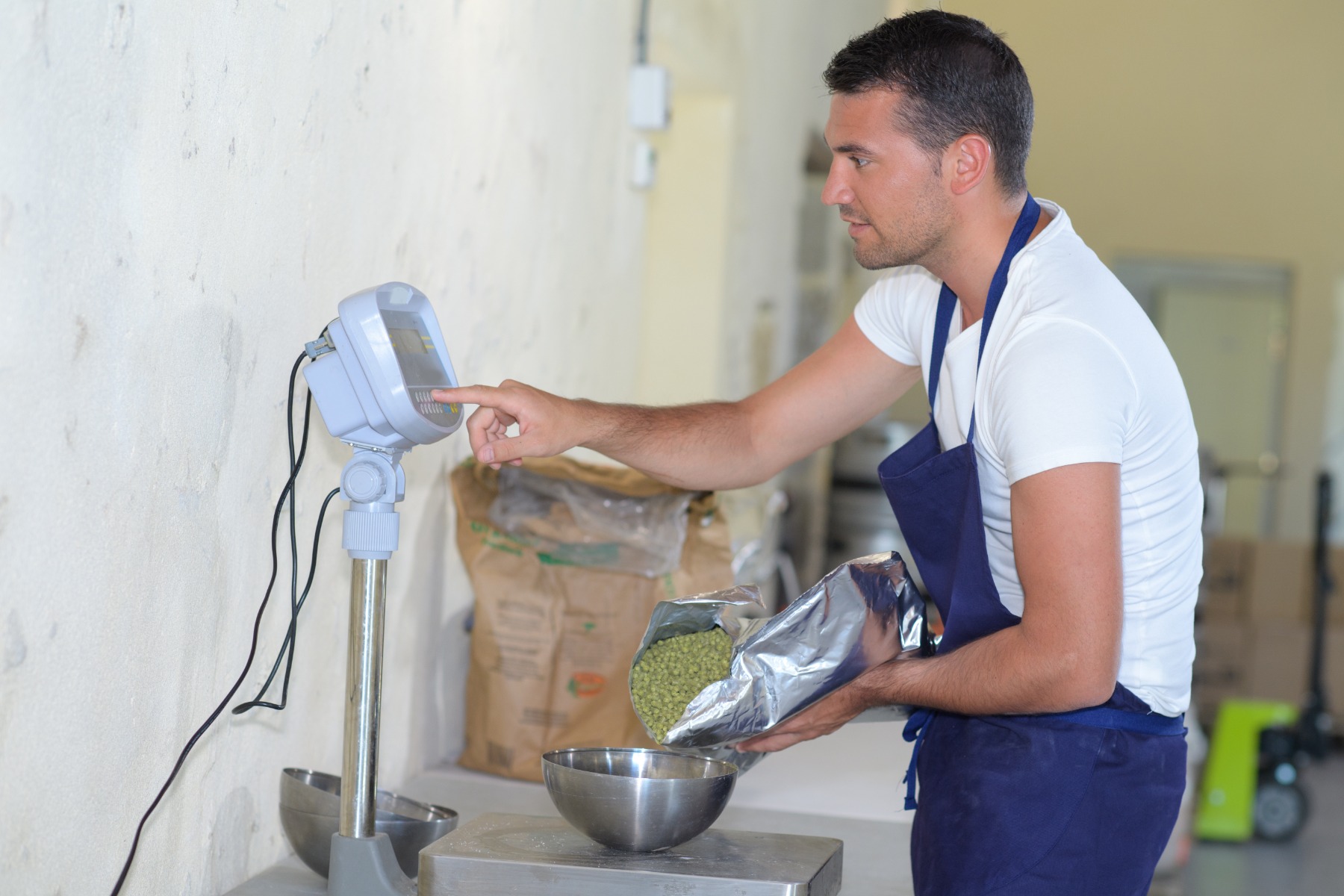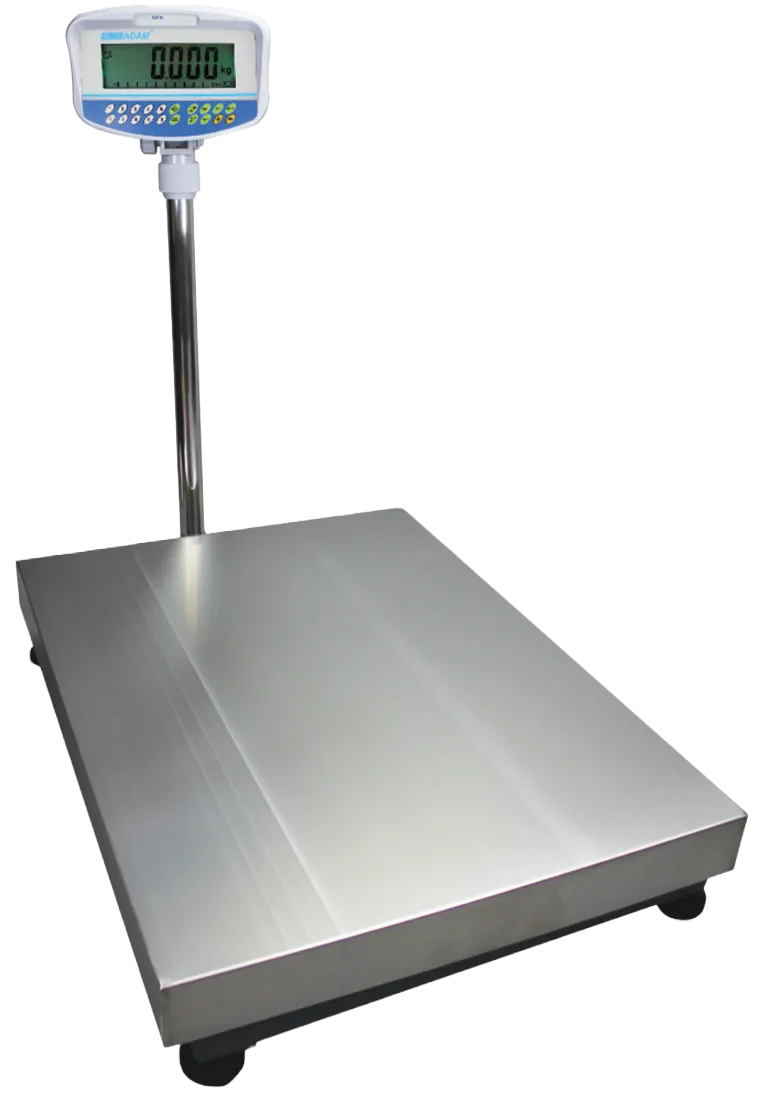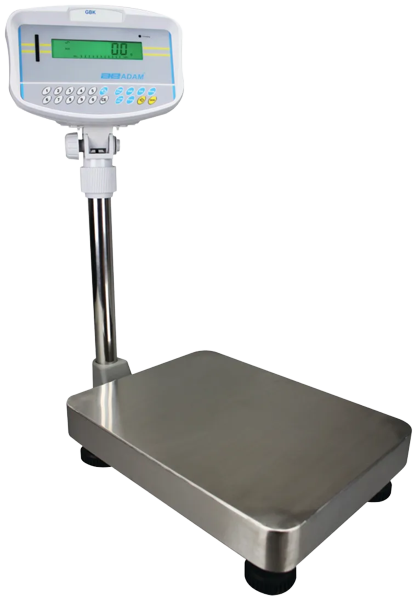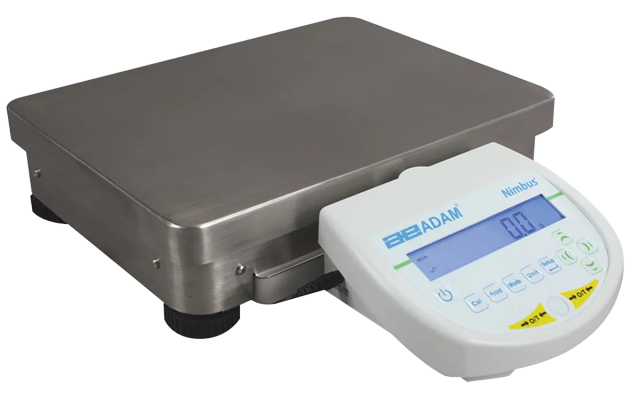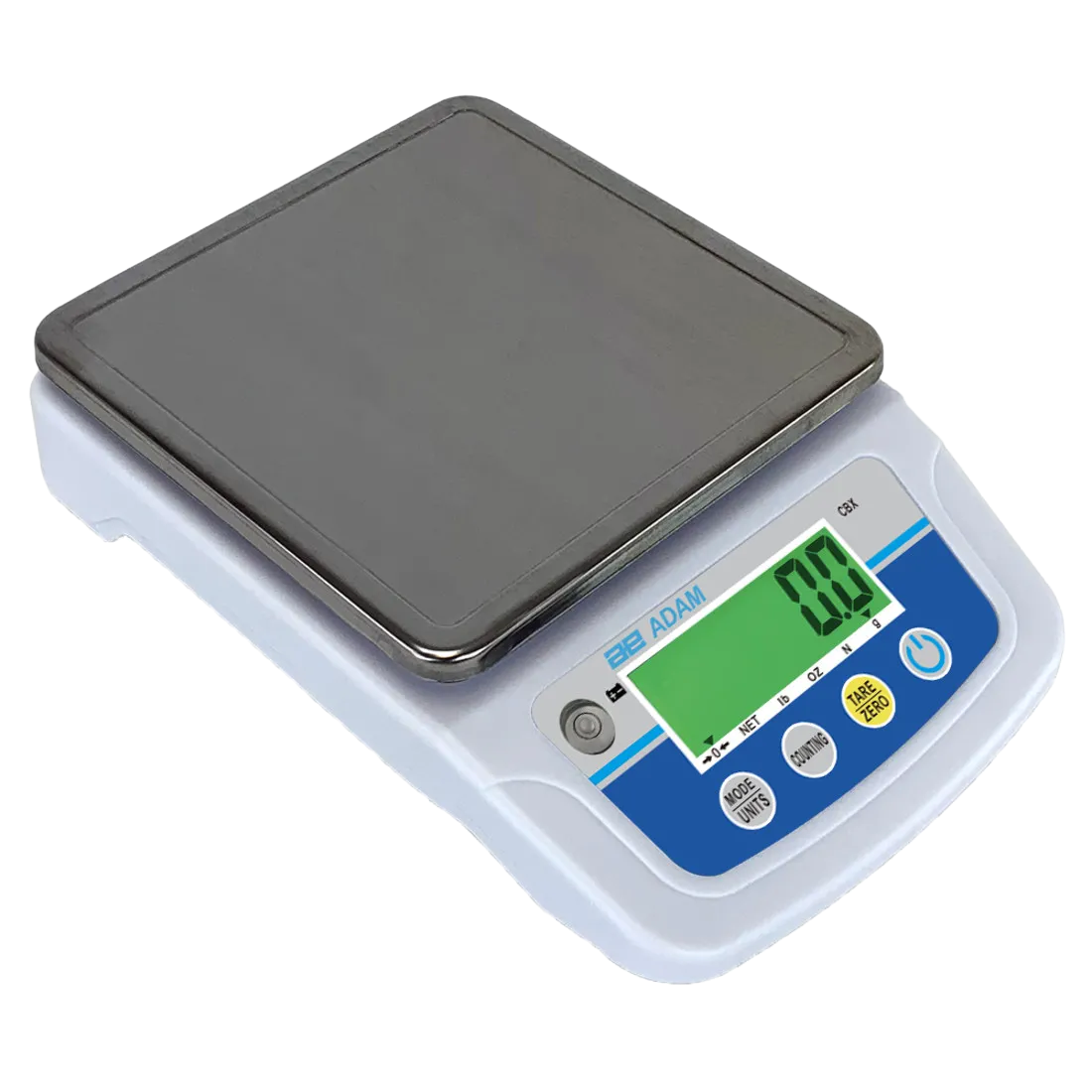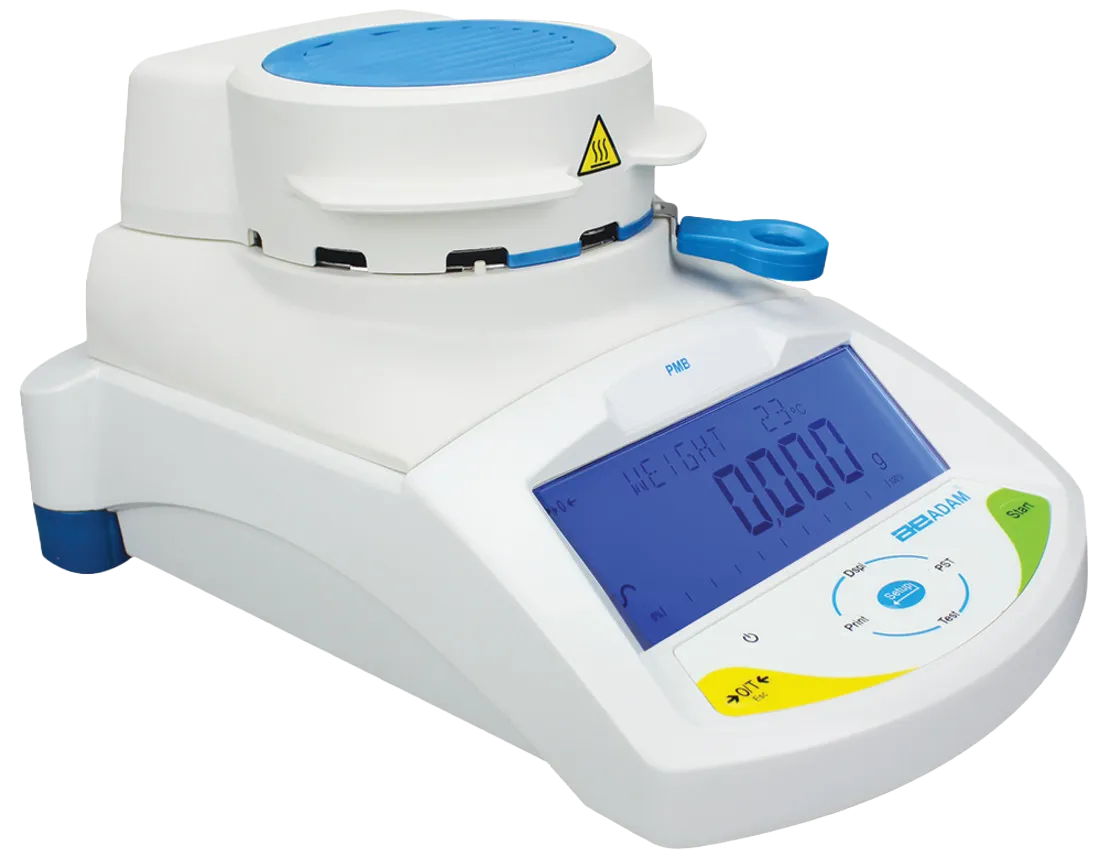Agriculture
Our Blog

Scales and Balances for Agriculture
Weighing instruments are often used throughout agriculture, from the science of soil to weighing harvests or even monitoring livestock. In this blog post, we’ll explain how scales are used in farms and other agricultural settings.

Scales to Weigh and Measure Hay
Scales are used in many facets of agriculture and animal husbandry. In this post, we'll discuss how they're used during the production, sales, and consumption of hay. Buyers and sellers alike can reap the benefits of weighing hay in sales transactions and when measuring animal feed.

How Laboratory Balances are Used in Environmental Sciences
Environmental scientists focus on the planet and the environment, but what does that have to do with scales? Laboratory balances play a critical role in weighing soil, water, vegetation, metals and waste. They’re used to measure key factors in soil, water, air and vegetation to improve sustainability, conservation and predictions of environmental shifts like global climate change.
Frequently Asked Questions
Agricultural weighing scales broadly includes any weighing instrument that can be used in an agricultural or farm setting. Because of the demands of the industry, agricultural scales are typically robust and durable in their design to hold up to environments where knocks, spillages and dirty conditions are commonplace.
Agricultural scales may be used on farms to weigh harvested crops, to portion feed or medication for livestock, to measure seed batches, as well as in labs for soil analysis and calculating the proper amount of pesticide usage for non-organic crops.
Regardless of industry, if goods are sold by weight, the scale used to calculate the price must be trade approved (also known as legal-for-trade). A trade-approved scale protects both the buyer and the seller by ensuring that each party is fairly compensated during the transaction. Some examples of products that require the use of trade-approved agricultural scales are goods such as animal feeds, packaged products that are sold by weight and certain food items (including fruits and vegetables).
Violators of the law risk fines or even jail time. Trade approvals are in place to protect the customer and ensure that they receive the correct amount of goods that they've purchased.

